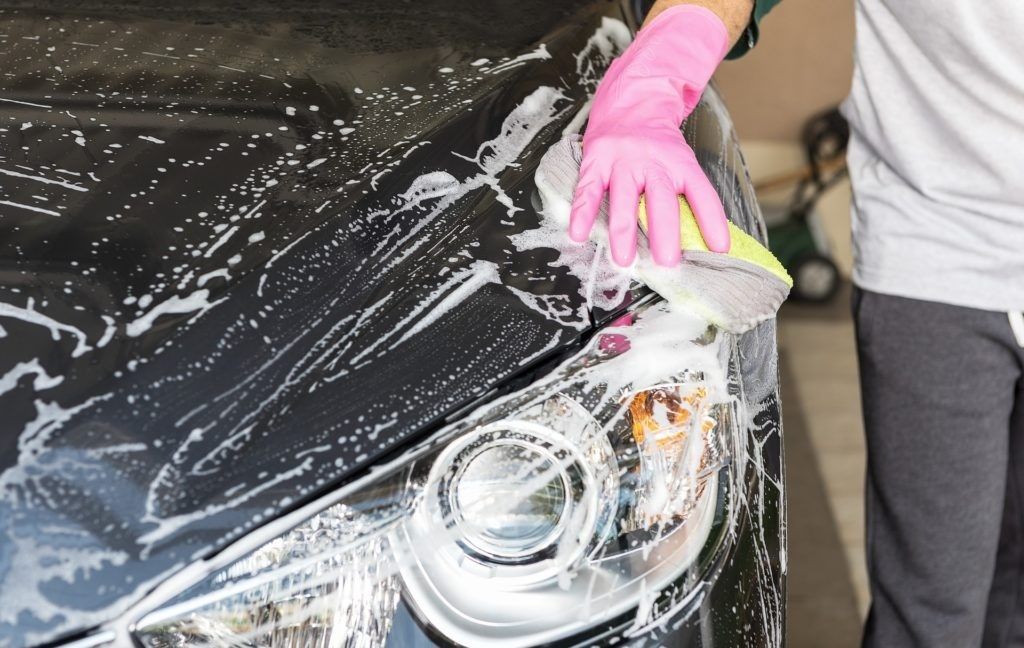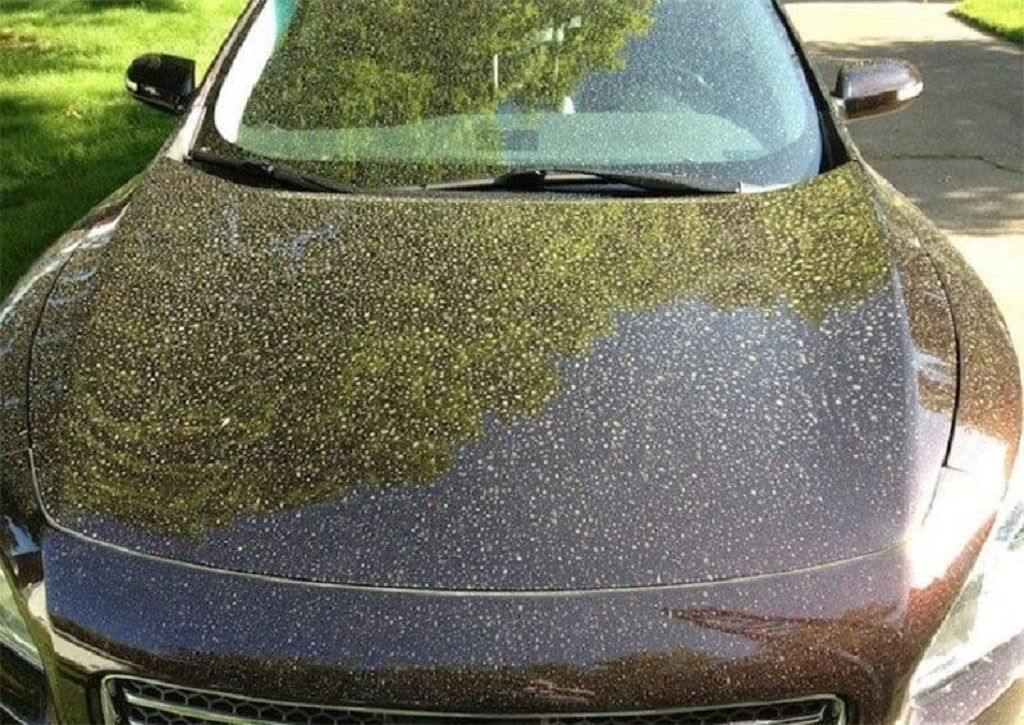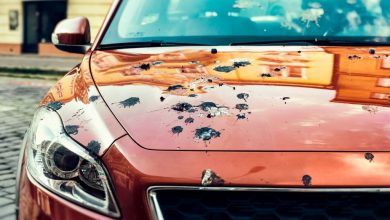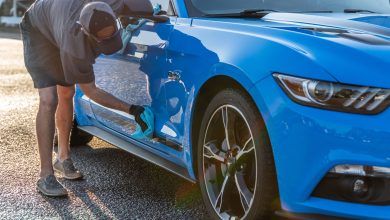
Maintaining Car Paint During Pollen Season
Pollen season can wreak havoc on your car’s paint, turning a shiny, pristine exterior into a dull, spotty mess. From causing scratches during cleaning to potentially acidic damage over time, pollen is a silent enemy for car enthusiasts. The good news? Protecting your vehicle from this seasonal nuisance doesn’t have to be overwhelming. With the right techniques and a little preparation, you can preserve your car’s appearance and value.
Whether you’re gearing up for a show or simply want to keep your ride in showroom condition, this guide covers every detail of maintaining car paint during pollen season. Read on to explore Vehicletradeus for more expert insights.
Why Pollen is Harmful to Your Car Paint
Pollen might seem harmless—it’s just fine yellow dust, right? Not quite. Pollen is acidic by nature, and when it mixes with moisture, it can etch into your car’s paint over time. The granules are also abrasive, and improper cleaning methods can result in micro-scratches that dull the paint’s finish.
A study by the Society of Automotive Engineers (SAE) revealed that environmental pollutants, including pollen, can reduce the lifespan of automotive paint by up to 30% if left unchecked. Understanding how pollen affects your car is the first step to protecting it.
Essential Tools for Protecting Your Car During Pollen Season
Investing in the right tools can make a world of difference:
- Microfiber Cloths: Ideal for gentle cleaning without causing scratches.
- Car-Safe Cleaning Solutions: Look for pH-neutral products designed to remove dirt without stripping wax.
- Pressure Washer: Helps rinse off pollen efficiently without abrasive wiping.
- Car Covers: Protect your vehicle from direct exposure to pollen.
These tools ensure you tackle pollen effectively without compromising your car’s paint job.
Preparing for Pollen Season: The Waxing Advantage
Applying a protective wax layer before pollen season starts is one of the most effective ways to shield your car’s paint. Wax acts as a barrier, preventing pollen from adhering directly to the paint.
According to Consumer Reports, waxing your car every three months can provide the necessary protection against environmental pollutants. This extra layer simplifies cleaning and reduces the likelihood of etching.
The Right Way to Wash Your Car During Pollen Season
Washing your car during pollen season requires a delicate approach to prevent further damage. Follow these steps for best results:
- Pre-Rinse: Use a hose or pressure washer to rinse off loose pollen.
- Use a Two-Bucket Method: Fill one bucket with soapy water and another with clean water for rinsing.
- Opt for Gentle Cleaning Products: Avoid harsh detergents that can strip the paint’s protective layers.
- Dry Thoroughly: Use a microfiber cloth to pat the car dry, reducing water spots.
By adopting this method, you can keep your car spotless without inadvertently damaging the paint.
Polishing and Restoring Shine After Pollen Exposure
Even with regular cleaning, pollen can dull your car’s shine over time. Polishing helps restore the luster. Use a car polish that contains mild abrasives to remove surface imperfections.
For best results, follow up with a ceramic coating to add another layer of long-term protection. According to detailing experts, ceramic coatings can last up to two years, providing unmatched resistance to pollen and other contaminants.
Why Car Shows Demand Extra Attention to Paintwork
Maintaining car paint during pollen season becomes even more critical when preparing for events like a car show. Judges often assess a vehicle’s finish and overall cleanliness, and a pollen-dusted car won’t make the cut.
The best practice is to use a quick detailer spray before showcasing your vehicle. These sprays are specially formulated to remove dust and pollen, leaving behind a streak-free shine.
The Role of Indoor Parking in Paint Protection
If you have access to indoor parking, use it to your advantage during pollen season. Parking indoors significantly reduces exposure to airborne pollen and UV rays, which can further degrade your car’s paint.
For those without indoor parking, a high-quality car cover can mimic similar benefits. Look for options with breathable fabrics to prevent condensation buildup.
DIY vs. Professional Detailing During Pollen Season
When deciding between DIY methods and professional detailing, consider the level of effort you’re willing to invest.
- DIY Approach: Budget-friendly but requires time and proper tools.
- Professional Detailing: Offers expertise and advanced techniques like clay bar treatments and machine polishing.
Both options have their merits, but professional detailing may be worth the investment during peak pollen seasons to ensure optimal results.
Frequently Asked Questions
How often should I wash my car during pollen season?
Ideally, wash your car every one to two weeks during pollen season to prevent buildup and protect the paint.
Can I use household cleaning products to wash my car?
Avoid using household detergents as they can strip the paint’s protective wax and cause damage over time.
What is the best car wax for pollen protection?
Look for high-quality carnauba wax or synthetic sealants designed to repel contaminants.
Is a car cover necessary during pollen season?
A car cover is a great investment, especially if you park outdoors. Choose a cover made of breathable material to avoid moisture buildup.
Should I polish my car after every wash?
Polishing is not necessary after every wash but should be done periodically to restore shine and remove minor imperfections.
Can pollen affect my car’s interior?
Yes, pollen can settle inside your car through open windows or air vents. Vacuuming and using interior protectants can help maintain cleanliness.
Conclusion
Maintaining car paint during pollen season doesn’t have to be a daunting task. By understanding the effects of pollen, using the right tools, and adopting proactive measures like waxing and regular cleaning, you can keep your car looking its best.
Whether you’re a car enthusiast preparing for a show or simply aiming to protect your investment, these tips will help you combat pollen effectively.







